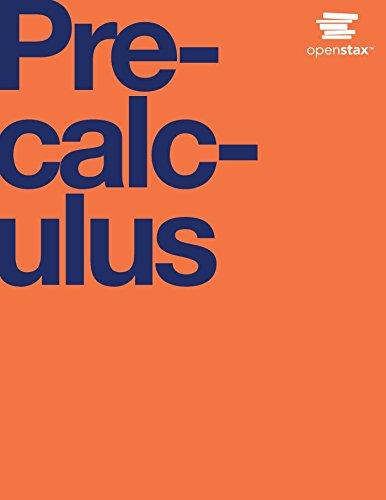Question
According to the Theory of Relativity, the length L of an object is a function of its velocity v with respect to an observer.

According to the Theory of Relativity, the length L of an object is a function of its velocity v with respect to an observer. For an object whose length at rest is 5 m, the function is given by :5/1-1// L(v) = 5 where c is the speed of light (300,000 km/s). (a) Find L(0.65c), L(0.7c), and L(0.95c). (Round your answers to two decimal places.) L(0.65c) = 0.35 Xm L(0.7c) = L(0.95c) = m m (b) How does the length of an object change as its velocity increases? It will appear to get shorter. It will appear to get longer. It will appear to stay the same.
Step by Step Solution
There are 3 Steps involved in it
Step: 1

Get Instant Access to Expert-Tailored Solutions
See step-by-step solutions with expert insights and AI powered tools for academic success
Step: 2

Step: 3

Ace Your Homework with AI
Get the answers you need in no time with our AI-driven, step-by-step assistance
Get StartedRecommended Textbook for
Precalculus
Authors: Jay Abramson
1st Edition
1938168348, 978-1938168345
Students also viewed these Physics questions
Question
Answered: 1 week ago
Question
Answered: 1 week ago
Question
Answered: 1 week ago
Question
Answered: 1 week ago
Question
Answered: 1 week ago
Question
Answered: 1 week ago
Question
Answered: 1 week ago
Question
Answered: 1 week ago
Question
Answered: 1 week ago
Question
Answered: 1 week ago
Question
Answered: 1 week ago
Question
Answered: 1 week ago
Question
Answered: 1 week ago
Question
Answered: 1 week ago
Question
Answered: 1 week ago
Question
Answered: 1 week ago
Question
Answered: 1 week ago
Question
Answered: 1 week ago
Question
Answered: 1 week ago
Question
Answered: 1 week ago
Question
Answered: 1 week ago
View Answer in SolutionInn App



